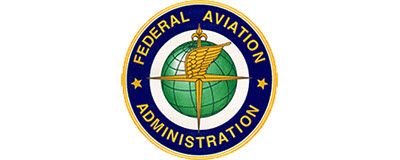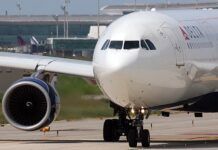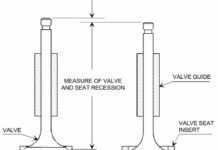
Pilots will have a 10-hour minimum rest period prior to flight duty with enough time during that period for eight hours of uninterrupted sleep, according to new rules (PDF) finalized Wednesday by the FAA — there are other details and exceptions. Cargo operators will not be subject to the new rules unless they elect to opt in. Echoing the concerns of his cargo-carrying brethren, Southwest Airlines Pilots’ Association President Capt. Steve Chase said, “It is our hope that lawmakers will reconsider the cargo carrier exemption and ensure that legislation meets the original intent of ‘One Level of Safety.'” The NTSB voiced similar concerns Wednesday. The fact that the final rule will not take effect immediately has earned it criticism from safety advocates, and there are other concerns about the rule’s details.
According to the FAA, commercial carriers will need time to adapt their scheduling practices and pilots to the new rules. The FAA has allowed two years for that. And as part of the new rules, a pilot must state his fitness for flight prior to duty. Any pilot reporting fatigue making him or her unfit for duty must immediately be removed from duty by the airline. The rules were inspired in part by the crash of Colgan Air Flight 3407 that killed all 49 aboard plus one on the ground. Compliance with the rule will come at least four years after the accident, if the FAA sticks to its timeline, and that is not soon enough for some families who lost relatives in that crash. The NTSB said in a statement Wednesday that while not perfect, the rule is “a huge improvement” over the regulations it will replace. It also noted that a tired pilot is just as tired “whether the payload is passengers or pallets.” And fatigue is a particular concern “for crews that fly ‘on the back side of the clock.'” The FAA said it expects airlines to work with their pilots when considering fatigue.


































